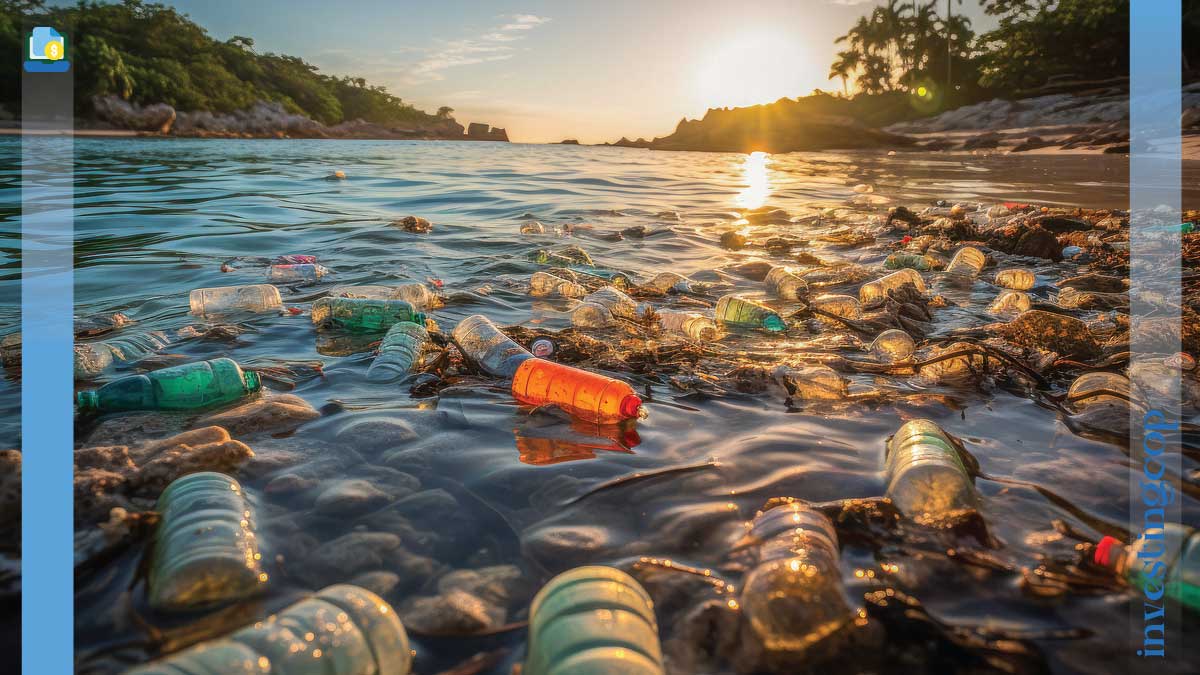The problem of the impact of municipal waste is an issue that affects communities around the world. With growing urban populations and increasing consumption, waste management has become a pressing challenge that affects not only the environment but also public health and people’s quality of life.
The Scale of the Problem:
The production of municipal waste, which includes everything from household waste to commercial and industrial waste, is constantly growing. According to estimates, the amount of waste generated globally is increasing at an alarming rate. This increase is due to a number of factors, including accelerated urbanization, globalization and excessive consumption.
Environmental Impact:
One of the most critical issues is the environmental impact of municipal waste. Overcrowded landfills, waste incineration and the accumulation of plastics in the oceans are just a few examples of the harmful effects. The release of greenhouse gases from landfills and incineration plants contributes to climate change. Soil and water pollution is also a serious concern.
Impact on Public Health:
Improper management of municipal waste can have a direct impact on public health. Exposure to toxic waste and air and water pollution can lead to serious health problems, ranging from respiratory diseases to skin conditions.
Socioeconomic Challenges:
In addition to environmental and health impacts, inefficient municipal waste management also has socio-economic repercussions. The costs associated with waste collection, transportation, treatment and disposal represent a significant burden on local and national governments. Lack of effective management can also lead to the loss of valuable land and resources.
Urgent Solutions:
Addressing the issue of municipal waste requires a multifaceted approach:
- Reduction at Source: Promote waste reduction through education and awareness, as well as promoting responsible consumption.
- Recycling and Reuse: Implement effective recycling programs and encourage reuse of products wherever possible.
- Sustainable Treatment Technologies: Explore cleaner and more sustainable waste treatment technologies, such as anaerobic digestion and waste-to-energy.
- Producer Responsibility: Involving companies in the management of the products they generate, promoting extended producer responsibility.
- Legislation and Regulation: Strengthen and enforce laws and regulations related to waste management, promoting accountability.
Conclusion
The issue of the impact of municipal waste cannot be ignored. It is a challenge that requires collaboration between governments, businesses, communities and individual citizens.
Only through joint commitment and decisive action can we move towards more sustainable waste management and a future in which our planet and communities are protected.
Awareness and action are essential to address this critical challenge and achieve a cleaner, healthier world for generations to come.





